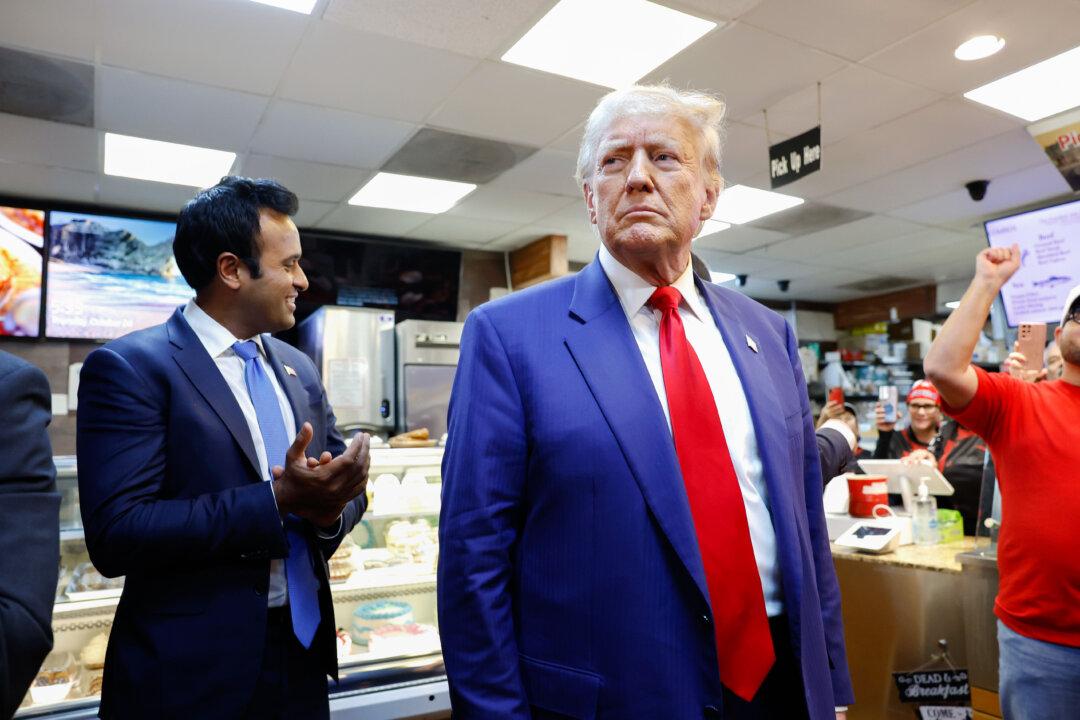The news came on Tuesday afternoon, three weeks after Donald Trump’s election victory against outgoing Vice President Kamala Harris: the Cabinet was complete.
“After completing the selection process of his incoming Cabinet, President-elect Trump is entering the next phase of his administration’s transition,” Susie Wiles, the transition chief of staff and Trump’s pick for White House chief of staff wrote in an email.





